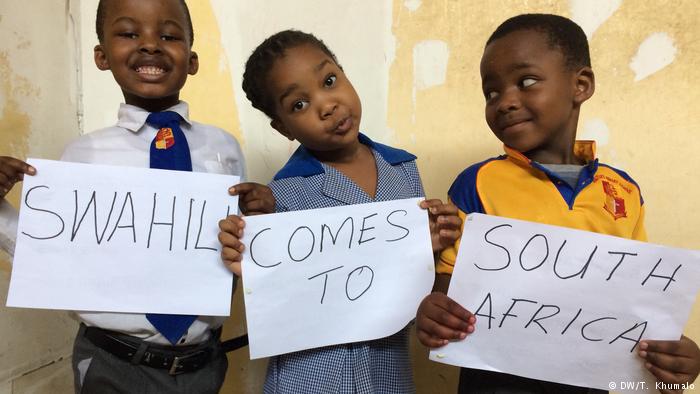South Africa may just be the latest country on the African continent to speak the East African lingua franca language, Swahili. There are plans to introduce the language as one of the optional subjects in schools in SA.
The History of Swahili
Swahili traces its roots from the coastal Bantu-speaking natives along the East African coast, who intermarried with the Arab settlers. It is believed the Arabs and the Bantu crossed paths from as early as before the 10th Century, AD.
From the coastal strips, the language spread interior through trade, missionary works, and the quest to explore the mainland further. Currently, it is the most widely spoken language in East Africa that has roots from Africa. As a lingua franca, a language spoken by different ethnic groups who don’t speak each others’ native mother tongue, it has been established as the national language in Kenya, Tanzania, and Uganda.
It is also the official language of the East African Community (EAC) made up of Kenya, Tanzania, Uganda, Rwanda, Burundi, and South Sudan. Swahili has also made some inroads across central, western, and southern Africa.
Kiswahili finding its way into South African classrooms
The news that Swahili will be taught in SA classrooms has been received with mixed reactions. There are those who are of the view, it is a good move as it will prepare SA’s students for a rich interaction through trade, academia, and even day-to-day social interactions.
Supporters argue that Swahili will be an easier language for students given it borrows heavily from the Bantu culture. And the natives of SA are of Bantu origin. Most notable Bantu ethnic groups in SA include the isiZulu, isiNdebele, and isiXhosa.
There also those who are of the view that SA does not need any more foreign languages being taught in schools. The country already has 11 local languages being taught in schools, and adding more languages will only make balancing lessons within the already crowded school timetable will be difficult.



